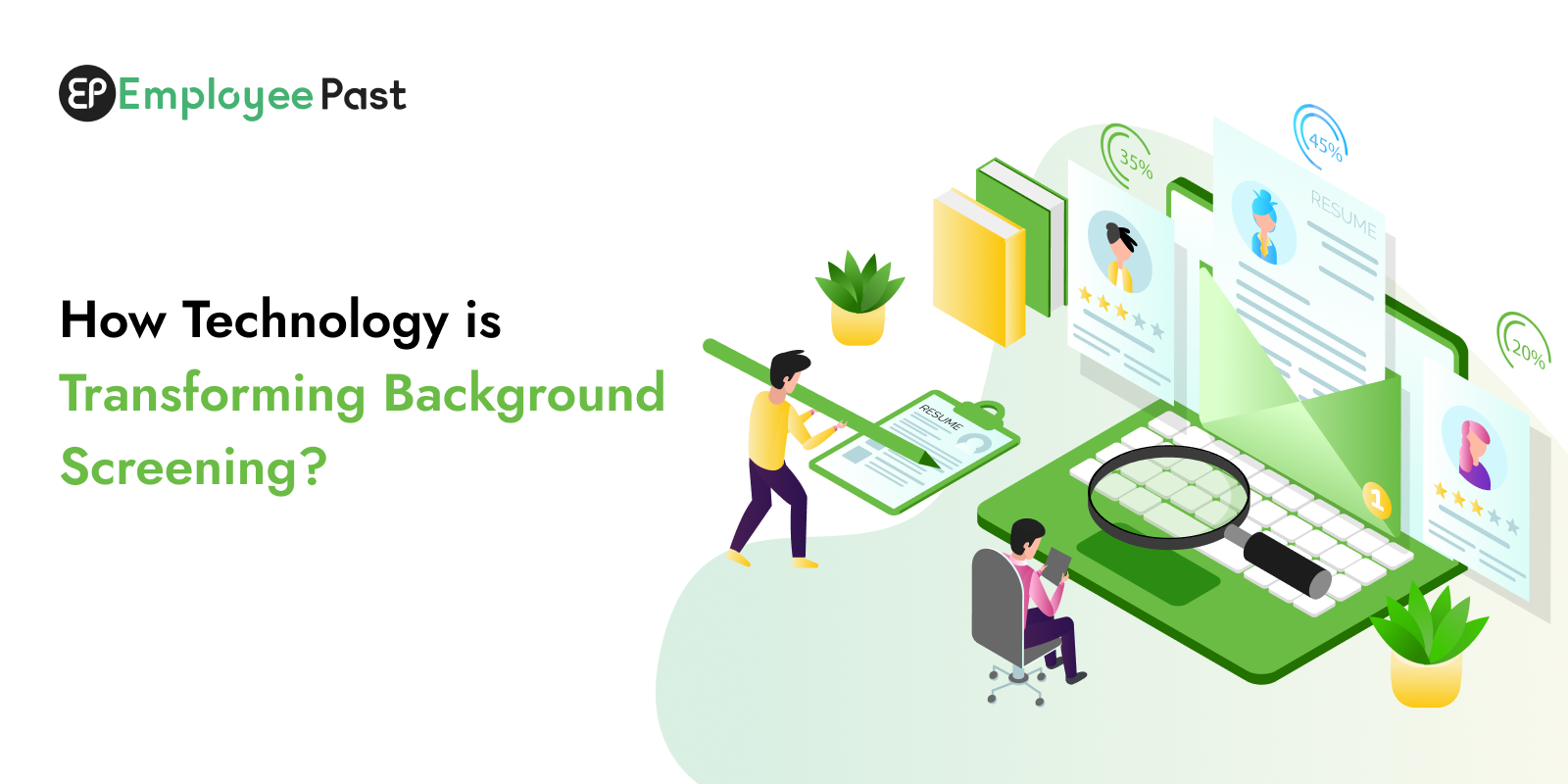In today’s fast-paced digital world, technology is playing a pivotal role in reshaping industries, including background screening. By integrating advanced tools and automation, businesses are now conducting faster, more accurate, and compliant background checks. Below, we explore how technology is transforming background screening processes and why it matters for organizations striving for efficiency and security.
What is Background Screening and Why Is It Important?
Background screening is the process of verifying a candidate’s identity, professional credentials, and personal history. It ensures that organizations make informed hiring decisions, mitigate risks, and maintain workplace safety. With technological advancements, this critical process is now more efficient and comprehensive than ever.
The Role of Artificial Intelligence in Background Checks
Artificial intelligence (AI) has become a cornerstone of modern background screening. Its implementation enhances the speed, accuracy, and scope of background checks.
1. Automated Data Collection
AI-powered tools can scan multiple databases simultaneously, collecting data on criminal records, employment history, and education credentials in a fraction of the time manual processes require.
2. Pattern Recognition and Fraud Detection
AI systems can identify discrepancies or forged documents with advanced pattern recognition techniques. This reduces human error and improves overall reliability.
3. Predictive Analytics
By analyzing historical data, AI can predict potential risks associated with a candidate. For example, it can flag inconsistencies in employment patterns or identify potential behavioral risks.
Cloud-Based Platforms: Enhancing Accessibility and Scalability
Cloud technology has revolutionized how background checks are conducted, offering significant advantages:
1. Centralized Data Management
Cloud-based platforms allow organizations to access and manage all screening data in one secure location. This eliminates the need for fragmented systems and ensures seamless data tracking.
2. Real-Time Collaboration
Employers, candidates, and screening providers can collaborate in real time, reducing communication delays and improving transparency.
3. Scalability
Organizations of all sizes can scale their background screening operations as needed without investing heavily in physical infrastructure.
Blockchain for Background Screening: A Game-Changer
Blockchain technology is emerging as a game-changer in background screening by ensuring data integrity and security.
1. Immutable Records
Blockchain creates tamper-proof records of a candidate’s employment history, certifications, and other credentials.
2. Decentralized Verification
Employers can verify candidate data directly from the blockchain without relying on third-party intermediaries, reducing costs and increasing trust.
3. Enhanced Privacy
Candidates retain control over their data and decide who can access specific details, ensuring compliance with global privacy regulations.
Automation and Machine Learning: Reducing Turnaround Time
Automation and machine learning (ML) have significantly reduced the time required for background checks, ensuring quicker hiring decisions.
1. Automated Workflows
Tasks such as sending verification requests, following up with references, and analyzing reports are now automated, minimizing manual intervention.
2. Natural Language Processing (NLP)
NLP algorithms can analyze social media posts, public records, and other unstructured data to provide deeper insights into a candidate’s background.
3. Continuous Monitoring
ML-powered systems offer ongoing monitoring of employees, ensuring that any new red flags, such as criminal activity, are promptly identified.
Mobile Integration: Convenience at Your Fingertips
Mobile integration has made background screening more accessible than ever. With mobile-friendly applications, candidates can complete forms, upload documents, and track their screening status conveniently.
Ensuring Compliance with Global Regulations
Technology ensures that background screening processes remain compliant with regional and global regulations, such as GDPR, FCRA, and others.
1. Automated Compliance Checks
Systems automatically verify that the screening process aligns with legal requirements, reducing the risk of non-compliance penalties.
2. Data Localization
Cloud platforms offer data localization options to store information within specific jurisdictions, meeting regulatory standards.
Challenges in Technology-Driven Background Screening
While technology offers immense benefits, it also comes with challenges that must be addressed:
- Data Security: Protecting sensitive candidate data is paramount to prevent breaches.
- Bias in AI Algorithms: Ensuring AI systems are free from biases to maintain fair screening practices.
- Integration Complexity: Merging new technologies with existing HR systems can be challenging.
Conclusion: The Future of Background Screening
Technology is redefining how background checks are conducted, making them faster, more accurate, and compliant. By leveraging AI, blockchain, automation, and cloud-based solutions, organizations can efficiently analyze employeepast details to make better hiring decisions. As these technologies continue to evolve, they will undoubtedly shape the future of hiring, ensuring both security and efficiency. So, if you are looking to background screening solution provider, look no further than EmployeePast. Get in touch with our team today and learn how we can help you transform business.













Share this post on: